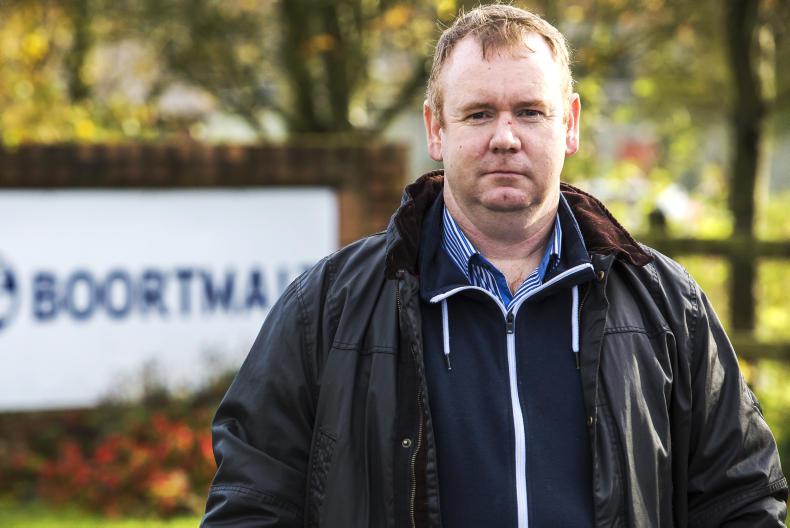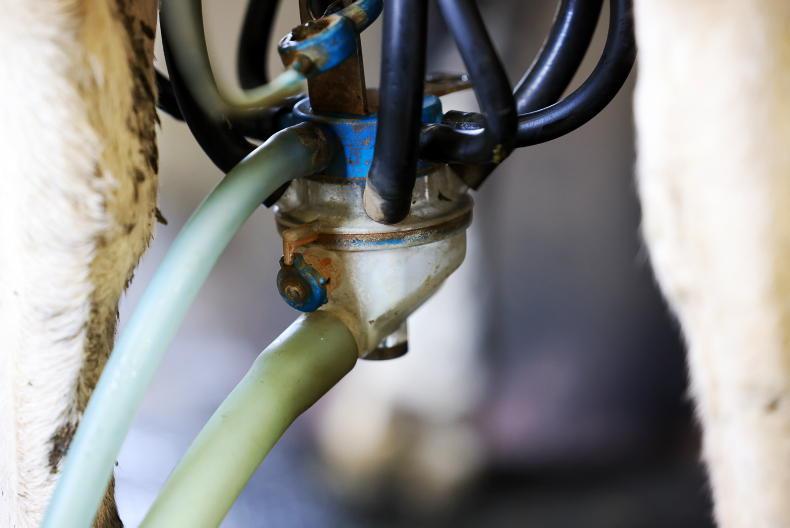Malting barley should be €800/t if prices were keeping pace with inflation since the 1970s, the Irish Grain Growers Group (IGGG) agm heard on Tuesday evening.
Farmers have switched to winter feed barley in unprecedented volumes this winter. “There used to be a pride in growing malting barley”, said IGGG president Bobby Miller, ‘‘but money talks at the end of the day”.
One grower claimed that roasting barley, which only makes €10/t over feed barley, is being mixed with malting barley in dramatically higher quantities at a cost to farmers.
Previously, only 10% of a 100t batch would be roasting, with 90t of malt barley required. Now, the ratio has changed to 50:50. This change has been made possible, the farmer stated, by the increase in the quality of malt barley, achieved by raising the specification demanded of farmers with no related price bonus.
The meeting ranged across almost every issue affecting the tillage sector at present, from the restoration of sugar beet processing to input costs.
Minister of State Andrew Doyle expressed concern at the threat to the viability of tillage farming.
He highlighted the importance of the sector in addressing climate change.
“Everyone has the potential to farm positively,” he said, citing the use of ecological areas and riparian boundaries as tools and money earners. The next CAP will morph and merge all the various schemes together, he predicted.
Robbie Byrne, of Precision Nutrition, gave a provocative address.
Citing the power of public pressure, he gave the example of 14-year-old Lucy Gavaghan, who changed Tesco’s policy regarding the eggs they stock through an online petition that snowballed.
He challenged tillage farmers to move away from a feed commodity mentality.
“If Kim Kardashian endorsed a grain product, you wouldn’t be able to keep it on the shelves,” he remarked.









SHARING OPTIONS